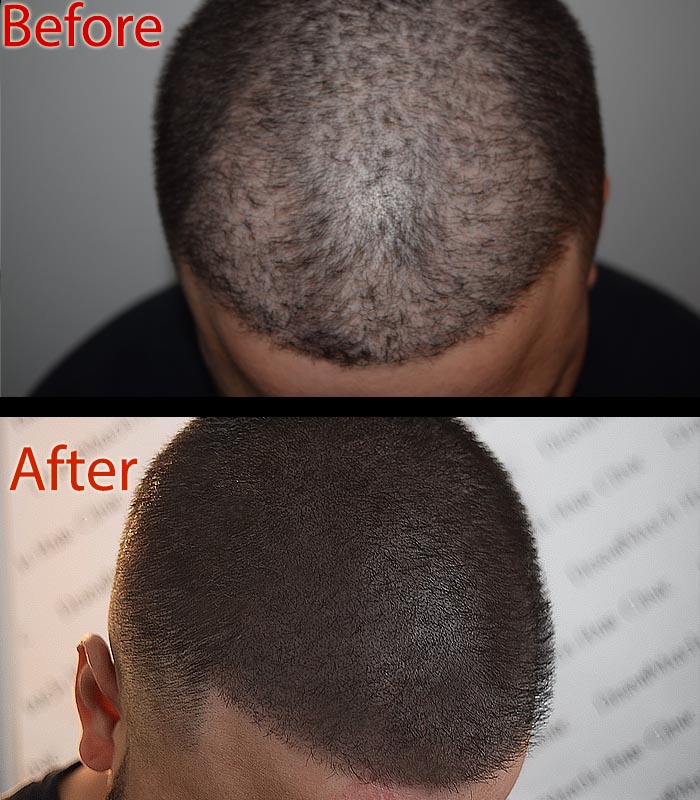Do hair loss and thyroid have a connection?
Thyroid disorders, including both hypothyroidism and hyperthyroidism, can have a significant effect on hair health. Your thyroid gland is responsible for the production of hormones that play a crucial role in regulating many functions, and hair growth is one of them. But when these hormones are out of balance in the case of a thyroid disorder, it can result in hair thinning and hair loss.
Relationship Between Hair Loss and Thyroid Disorder
Hypothyroidism occurs when the thyroid gland does not produce enough hormones. Also termed as an underactive thyroid, this condition is a common contributor to hair loss. People with a thyroid disorder may experience a range of symptoms that can lead to changes in their hair, including:
- Fatigue
- Weight Gain
- Dry Skin
- Hair Loss
- Muscle Aches
- Sensitivity to Cold
- Sudden mood changes and depression
Hormonal Disruption
Elevated levels of thyroid hormones (T3 and T4) can accelerate the hair growth cycle. As a result, follicles may prematurely enter the shedding phase, thus causing increased hair loss and thinning. If you experience brittle hair, it could be due to thyroid.
Oxidative Stress
Hyperthyroidism can lead to the production of reactive oxygen species, which cause oxidative damage to follicles. This oxidative stress can impair the ability of follicles to produce healthy hair, contributing to diffuse hair loss.
Autoimmune Associations
Conditions like Graves’ disease, an autoimmune disorder causing hyperthyroidism, are often linked with other autoimmune conditions such as alopecia areata, which can result in patchy hair loss.
Symptoms of Hair Loss and Thyroid Disorder
Individuals with hyperthyroidism may experience:
- Thinning Hair
- Diffuse Alopecia in which there is widespread thinning across the scalp rather than localized patches.
- Changes in Texture, with hair appearing either brittle or greasy due to hormonal effects on oil production
Managing Hair Loss Due to Thyroid Disorders
If you think your hair loss and thyroid disorder has a connection, the first step is to address the underlying condition. Treatment typically involves medication to help regulate thyroid hormone levels, which can improve hair health over time.
Eating a balanced diet rich in protein, vitamins, and minerals is essential for promoting hair growth. Foods high in omega-3 fatty acids, iron, and biotin can be particularly beneficial.
Chronic stress can worsen hair loss. Incorporating stress-reduction techniques, such as yoga, meditation, or deep breathing exercises can be helpful.
Scalp Massage can help stimulate blood flow to hair follicles, potentially encouraging growth.
Scalp Micropigmentation for Hair Loss and Thyroid Condition
For individuals who have experienced significant hair loss, scalp micropigmentation may be an effective cosmetic solution. This non-surgical procedure is not a treatment for hair loss and may not help stem loss of hair but it involves tattooing tiny dots of pigment onto the scalp to imitate the look of follicles. It can help camouflage hair loss, which can offer a fuller hair appearance and restore self-esteem.
So if you are suffering from thyroid and hair loss, SMP in Arizona could be a solution to your nightmare. Find help at the best hands that do scalp micropigmentation in Arizona. Dermimatch Clinic experts have experience and skills to help your cause. Schedule a consultation immediately.

